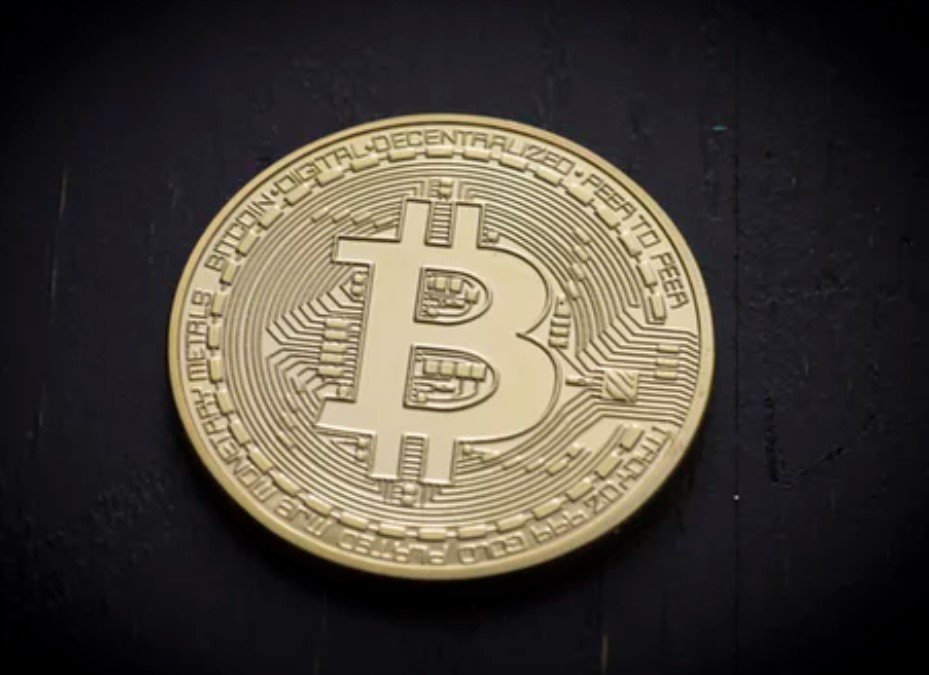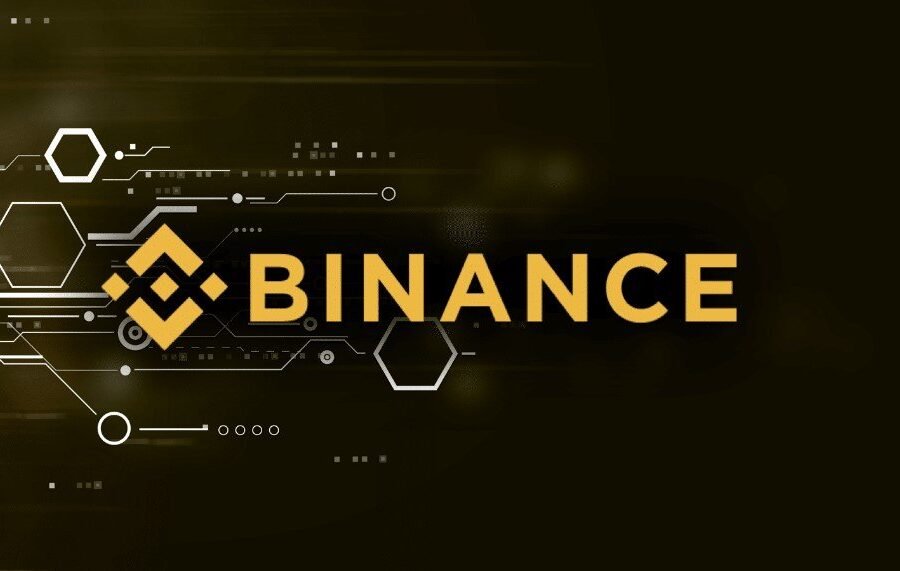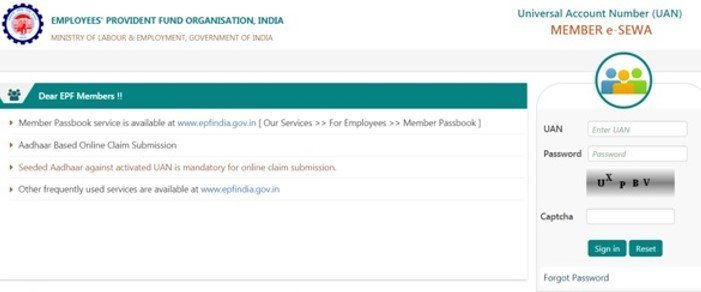Bitcoin has captured global attention with its incredible growth, becoming a hot topic for investors and tech enthusiasts alike. Despite its rising popularity, major world economies like India and China are approaching this digital currency with significant caution. Their concerns stem from the challenges of monitoring transactions, preventing illegal activities, and ensuring overall financial security for their nations. This cautious stance shapes the future of cryptocurrency in two of the world’s largest markets.
Why is Bitcoin Gaining so Much Attention?
Bitcoin’s journey into the public eye has been fueled by its massive growth and increasing online visibility. At one point, the digital currency saw a staggering growth of about 1300%, catching the interest of investors worldwide. This surge was partly driven by a spike in online searches on Google and discussions across social media platforms.
The fundamental design of Bitcoin also contributes to its appeal. It operates on the principle of scarcity, meaning there is a finite supply. The system is designed in such a way that the virtual currency will never exceed 21 million coins. With around 17 million already in circulation, the growing demand against a limited supply naturally drives up its value and market interest.
This scarcity creates a competitive environment. People can acquire Bitcoins through a process called ‘mining’ or by purchasing them on cryptocurrency portals. However, mining favors powerful, specialized hardware, making it a competitive field.
China’s Hardline Stance on Cryptocurrency Trading
China, once a dominant force accounting for nearly a quarter of all Bitcoin trading, took a drastic step by effectively banning cryptocurrency activities. The government’s primary fear was that the rapidly growing and unregulated Bitcoin market could open the door to major financial troubles and instability for the country.
The authorities were particularly concerned about the anonymous nature of Bitcoin transactions. Owing to its association with the Deep web and other crimes, the government of countries like China is still skeptical of adopting this. Transactions made with Bitcoin cannot be easily traced, frozen, or stopped by authorities because they don’t involve traditional bank accounts. This makes it a potential tool for illegal activities, which worried Chinese regulators.
As a result, the Chinese government ordered crypto exchanges to stop new registrations and halt trading practices, leading to a significant fall in the global Bitcoin network at the time.
India’s Push for Regulation over an Outright Ban
Unlike China’s outright ban, India has been exploring a path of regulation. The Bitcoin community in India, though relatively small, has been vocal about its desire for the Reserve Bank of India (RBI) to establish a clear set of policies. Their goal is to create a safer environment for Indian consumers and legitimize the industry.
A key proposal is the implementation of strict Know Your Consumer (KYC) guidelines. This would require traders to verify their identity, making it harder to use cryptocurrencies for illegal purposes. The idea is to create a regulated framework, similar to a stock exchange, where all Bitcoin traders are registered and can trade transparently.
| Aspect | China’s Approach | India’s Proposed Approach |
|---|---|---|
| Official Stance | Ban on trading and registrations | Focus on regulation and policy |
| Primary Goal | Prevent financial instability and crime | Improve consumer safety and transparency |
| Key Measure | Ordering exchanges to cease operations | Implementing strict KYC guidelines |
This regulatory approach aims to balance innovation with security, allowing the technology to grow while protecting the nation’s financial interests.
The Security Risks Posed by Anonymous Transactions
A major reason governments are hesitant to embrace Bitcoin is its potential for misuse. Because Bitcoin transactions can be made without revealing personal information like a name or bank account, it has become attractive for illicit activities. Without any central authority to monitor the trading, it would be hard to track the economic activities taking place through Bitcoin.
This anonymity poses a significant threat not just to the banking sector but to national security as a whole. The untraceable nature of payments can facilitate a range of criminal acts.
- Money laundering and illegal fund transfers.
- Purchasing illegal goods and weapons on the dark web.
- Funding trafficking and other organized crimes.
These concerns are not unique to India or China but are shared by governments across the globe, making them a central point in the debate over cryptocurrency regulation.
The Official View from India’s Reserve Bank
The Reserve Bank of India (RBI) has historically maintained a cautious and skeptical view of virtual currencies. R. Gandhi, a former Deputy Governor of the RBI, noted that digital currencies are still in their very early stages and are primarily adopted by those comfortable with taking very high risks.
He emphasized that for Bitcoin to become a mainstream currency for the Indian population, it needs a government-authorized framework for handling grievances and disputes. The absence of any monetary authority makes these virtual currencies a potential financial and security-related threat to customers and the nation.
The RBI’s stance has been that until the general public gains more confidence and a robust regulatory system is in place, it is unlikely that the central authority would be willing to endorse or accept cryptocurrencies as a legitimate part of the financial system.
Frequently Asked Questions about Crypto Regulation
Why are countries like India and China worried about Bitcoin?
Governments are concerned about the lack of a central authority to monitor transactions, which makes cryptocurrencies a potential tool for illegal activities like money laundering, funding crime, and making anonymous purchases on the dark web. They also fear the potential for financial instability.
What is KYC and why is it important for crypto in India?
KYC stands for Know Your Consumer. It is a process where businesses verify the identity of their clients. For crypto in India, implementing strict KYC rules would help prevent anonymous transactions, reduce the risk of illegal activities, and create a more transparent and secure trading environment.
Did China’s ban affect Bitcoin’s value?
Yes, the article mentions that when China, which accounted for a large portion of Bitcoin trading, withdrew from the market, there was a “great fall in the Bitcoin network.” Major regulatory actions from large economies often have a significant impact on cryptocurrency prices.
What is the maximum number of Bitcoins that can exist?
The Bitcoin protocol has a built-in limit on its supply. There can never be more than 21 million Bitcoins in existence, and about 17 million are already in circulation. This scarcity is a key factor in its valuation.
Is Bitcoin mining easy for everyone?
No, it is not. Bitcoin mining is a highly competitive process that favors the fastest and most powerful computer hardware. The article notes that users often prefer to use Bitcoin ASIC, which are specialized chips designed specifically for the purpose of mining efficiently.









Leave a Comment